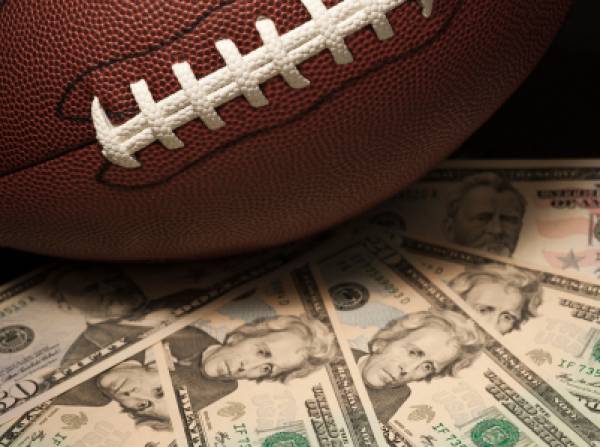Federal Appeals Court Upholds Ban on Sports Betting in New Jersey

NEWARK, N.J. — (Associated Press) - A federal appeals court dealt another blow to A federal appeals court dealt another blow to New Jersey’s efforts to legalize sports gambling Tuesday, upholding a ruling that the state’s betting law conflicts with federal law and shouldn’t be implemented.New Jersey’s efforts to legalize sports gambling Tuesday, upholding a ruling that the state’s betting law conflicts with federal law and shouldn’t be implemented.
The case was heard by a three-judge panel at the 3rd U.S. Circuit Court of Appeals in Philadelphia, and the state could seek to have the case re-heard by the full appeals court. But Tuesday’s ruling more likely means New Jersey’s last chance to legalize sports gambling is to ask the U.S. Supreme Court to hear the case.
A spokesman for Gov. Chris Christie didn’t immediately return a message seeking comment Tuesday, but in the past Christie has said he would go to the nation’s highest court if necessary.
Voters passed a sports betting referendum in 2011, and last year New Jersey enacted a law that limited bets to the Atlantic City casinos and the state’s horse racing tracks. Bets wouldn’t be taken on games involving New Jersey colleges or college games played in the state. Christie said at the time that he hoped to grant sports betting licenses by early this year, but those plans were put on hold.
The NFL, NBA, NHL, Major League Baseball and the NCAA sued the state last year, and the NCAA moved several of its championship events out of New Jersey, though it later relented.
The leagues said the betting law could harm the sanctity of the games. In a court deposition, MLB commissioner Bud Selig said he was “appalled” by Christie’s actions.
Attorneys for the state had attacked the 1992 federal Professional and Amateur Sports Protection Act on several constitutional levels. They argued the law unfairly “grandfathered” Nevada, Oregon, Montana and Delaware, which each had some form of sports gambling at the time, and said the law violated state sovereignty and equal protection provisions and trampled the authority of state legislatures under the 10th Amendment.
In March, U.S. District Judge Michael Shipp ruled that some of the questions raised in the case were novel, but he suggested the best way to change the U.S. law was to get Congress to repeal or amend it.
Tuesday’s appellate ruling reinforced Shipp’s view.
“We are cognizant that certain questions related to this case — whether gambling on sporting events is harmful to the games’ integrity and whether states should be permitted to license and profit from the activity — engender strong views,” judges wrote. “But we are not asked to judge the wisdom of PASPA or of New Jersey’s law, or of the desirability of the activities they seek to regulate. We speak only to the legality of these measures as a matter of constitutional law ... New Jersey’s sports wagering law conflicts with PASPA and, under our Constitution, must yield.”














